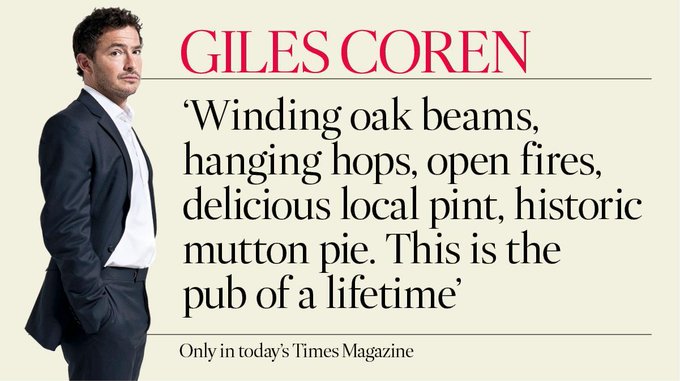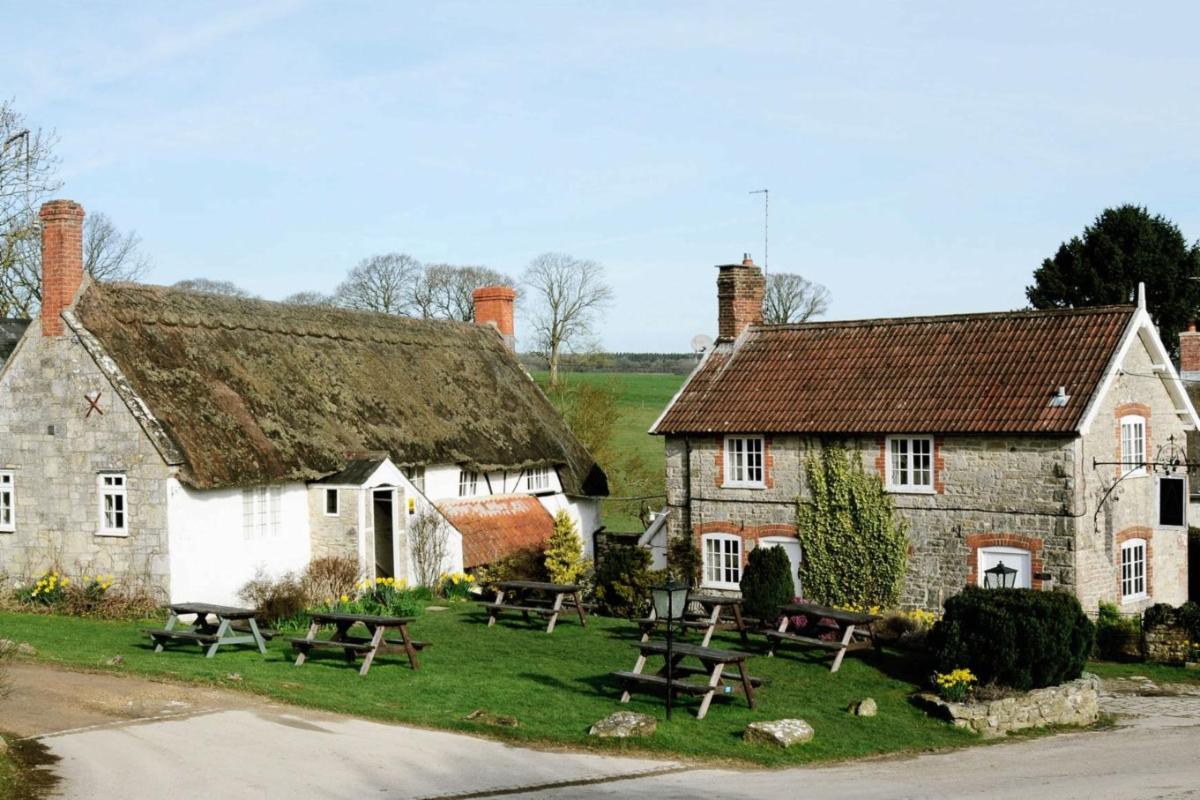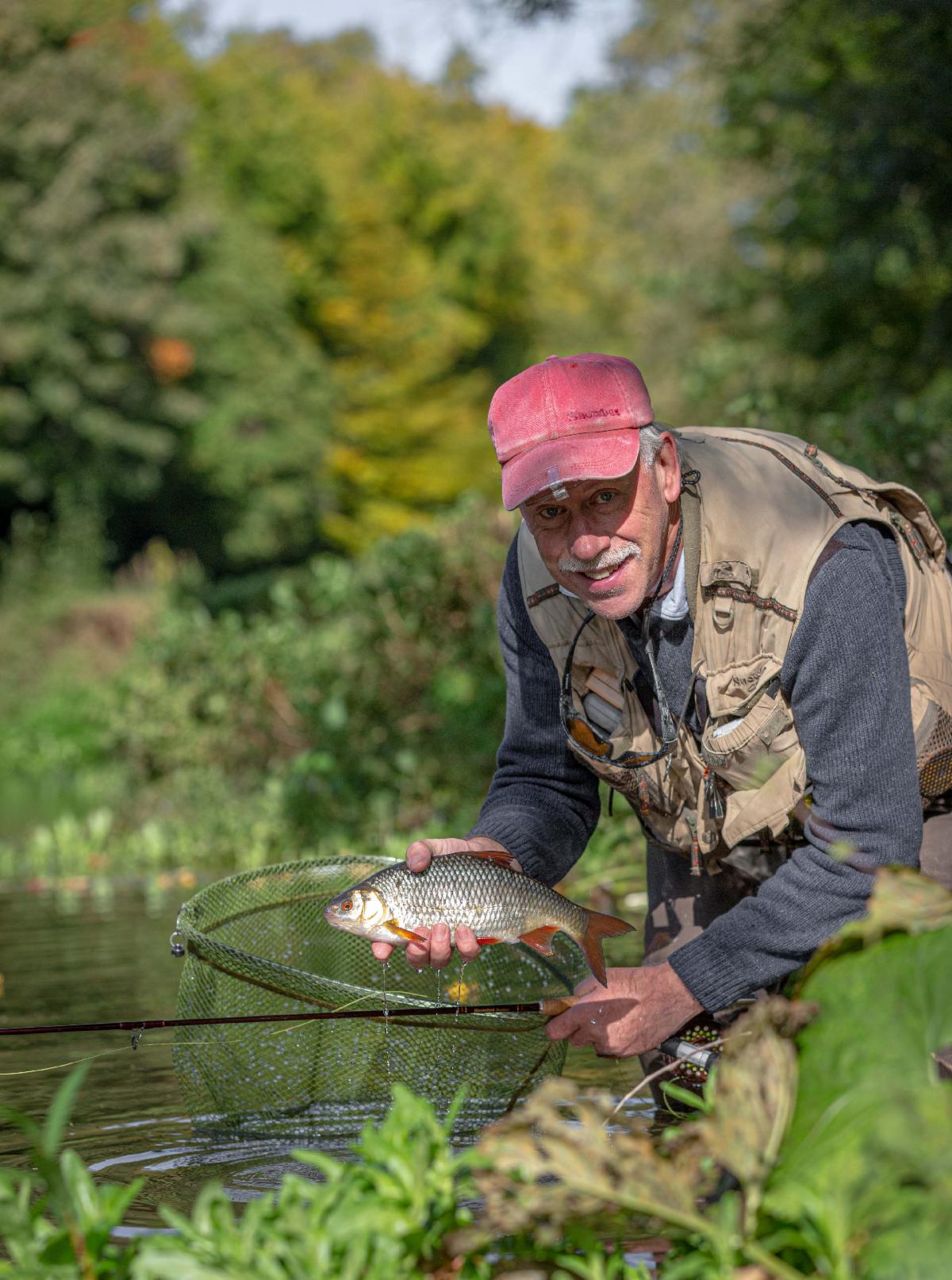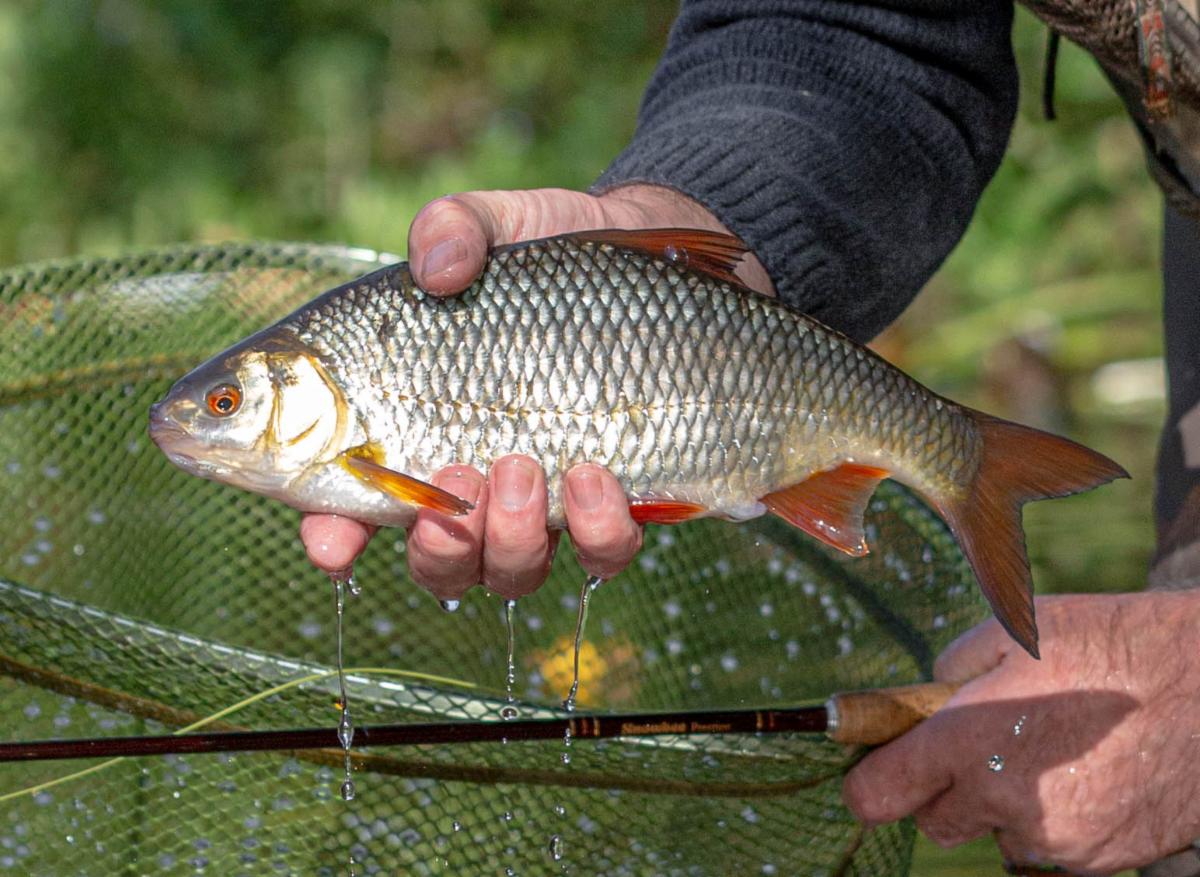How Joe Strummer nearly became my
neighbour
There was a
time when Fishing Breaks didn't exist; it was simply a germ of an idea that
bounced around in my head for a few years. Eventually I wrote a business plan.
Of all the things I have ever written, or will likely write, I think it will
remain my greatest work of fiction. I still have it. I should really frame
those scruffy two pages of A4.
|
|
 |
|
|
Joe Strummer
|
The essence
of the idea was an American-style fishing lodge operation. You know the sort of
thing: good beds. Hearty fare. The company of fellow devotees. And fishing on
the doorstep. Now as you might imagine such places are hard to find in the
prosperous chalkstream valleys. But I was lucky. I did find such a place. And
so did, more extraordinarily, Joe Strummer of the Clash.
Born in
Turkey in 1952 to colonial service parents John Graham Mellor had an odd route
to musical fame via Egypt, Mexico, Germany and private schools. In his late
teens his older brother committed suicide and traumatised, the less than
academic Mellor as he liked to be called, headed to art school. That didn't
last long as his anti-authoritarian traits surfaced so he took to earning a
living busking, learning to play a second-hand ukulele right-handed even though
he was left-handed. Via various London pub rock bands Joe Strummer as he
restyled himself, formed the Clash with Mick Jones and Paul Simonon after a
chance meeting in true punk style outside a dole (unemployment) office in 1976.
The late
70's and early 80's were the peak of the creative years. If the Sex Pistols had
defined nihilism, the Clash offered hope as the recession, mass unemployment,
the Falklands War and social unrest provided a harsh landscape against which
the youth were expected to progress. In 1982 the Clash finally hit the big time
when their fifth album Combat Rock was a million seller both sides of
the Atlantic. Strummer was at last able to secure the mortgage he so badly
wanted to buy a home. But somehow Strummer could not handle material success
and once Jones left the band in 1983 the Clash were effectively over.
The
following years read like the standard descent of a rock star, punk or
otherwise: failed attempts to reform the band. A solo album. A try at acting
and some film scores. All of which eventually bought him to The Old Farmhouse
in Newton Stacey in 1991 with his wife Gaby and his daughters after one of them
had found a syringe in a London playground. And it was here we might have been
neighbours, for the next door was the Manor House to the Newton Stacey Estate,
at the confluence of the Test and Dever, the perfect fishing lodge location.
But for no particular reason it wasn't to be a happy ending. I didn't take the
lease, so Fishing Breaks guests missed out on being serenaded to the lyrics of London
Calling until the early hours.
And it was
not a happy ending for Joe Strummer. The escape to the country was no balm to
his failing marriage. Even though he set up a home studio, jamming in the
garden to the perplexment of the villagers and became a regular in The Swan,
the relationship broke up. But clearly the countryside had done something for
Strummer's soul for after returning to London in 1993 he was back in another
Hampshire village in 1995, finally putting down his roots in Somerset two years
later where, at the age of fifty he died sitting on his sofa of a congenital
heart condition.



PS Huge
thanks to Mike Powell from Chilbolton for reminding me of the Newton Stacey
connection and a long-forgotten bit of punk rock history.
The Wheelabrator is no more
Happy news.
The Wheelabrator, a giant waste processing plant about the size of Battersea
Power Station, that was proposed for a site beside the River Test just north of
the A303 at Longparish is no more. Last week the US energy firm withdrew the
application for good.
 #bintheincinerator
was the second success for the locality who five years ago fought off a
proposal for a cluster of eight wind turbines which would have been the tallest
in Europe. As a certain politician once said, rejoice!
#bintheincinerator
was the second success for the locality who five years ago fought off a
proposal for a cluster of eight wind turbines which would have been the tallest
in Europe. As a certain politician once said, rejoice!
It was a
great triumph for the local group who circled the waggons when the application
appeared from out of the blue. By fund raising to employ experts well versed in
these matters, along with support from organisations such as the national
Campaign to Protect Rural England and local interest groups like the Test &
Itchen Association, the application was soon holed below the waterline.
But in
saying that it is a great triumph for us here in the Test valley the sadness is
that others will not be so lucky. The valedictory press statement from the US
firm had a sting in the tale, stating the "waste-to-energy market is
extremely buoyant" and the firm would continue to focus on its other
projects in the UK. Next up for local opposition is the proposal for 6,000 new
homes in the Itchen valley ......
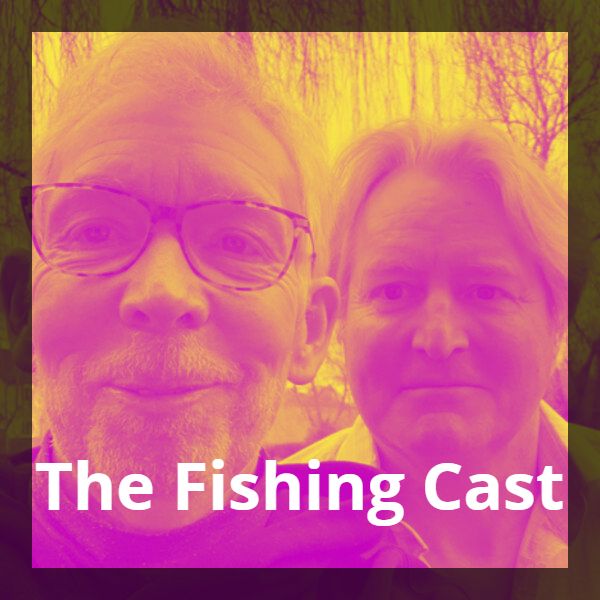 Podcast No.
2
Podcast No.
2
The new
episode of The Fishing Cast is now live. Charles and I chat about the benefits
(or not) of beavers, the effects of the floods on the season ahead (Blue Winged
Olive alert) and how social media is changing fishing for good and ill. And, of
course, your comments and feedback.
Click here to listen or serach
for The Fishing Cast via you usually podcast provider.
From the
Avon to the Tiber
 How many
chalkstreams would you cross if you walked from Salisbury to Rome? Well, we may
well find out soon as Tom Davies, ex Chief Executive of the Test & Itchen
Association and currently involved with the Wessex Rivers Trust and his wife
Julie are about to set out on the 1600-mile pilgrimage.
How many
chalkstreams would you cross if you walked from Salisbury to Rome? Well, we may
well find out soon as Tom Davies, ex Chief Executive of the Test & Itchen
Association and currently involved with the Wessex Rivers Trust and his wife
Julie are about to set out on the 1600-mile pilgrimage.
I have had
a look at the map and depending on how they plan the route from Wiltshire to
Kent the number is somewhere between 10 and 15 on the English leg starting with
the Avon and ending with the Dour which runs into the sea at Dover.
In France I
think Tom and Julie will be slightly too far east for most of the Gallic
chalkstreams excepting the Seine, the world's most southerly, that they could
cross somewhere around the Champagne region.
The trek is
to raise money for three local charities including The Wessex Rivers Trust. Click here to give your
support.
 |
|
River Seine trout
|
Back in the fold
After an
absence of two years I'm delighted to welcome back Mulberry Whin into the
Fishing Breaks fold. As many of you will know the Driffield Beck in Yorkshire
is part of the planet's most northerly chalkstream catchment, the Beck often
described as 'the Itchen of the north'.
|
|
We had some
tremendous fun up there back in 2017 filming for CHALK, even though our guest
angler who had travelled all the way from Germany for the day, managed to
immerse himself completely in his excitement to net a fish. The current cover
of the brochure features Marina Gibson and the trailer has one of my favourite
drone shots from the entre film as she hooks a fish.
Watch here to watch the clip
and see details of the fishing here.
Quiz
As ever no
theme this week other than tangentially the Newsletter topics. It is just
for fun, with answers at the bottom of the page.

1)
Which
is the longest river in Italy?
2)
What
is the main mineral element of chalk?
3) Which book,
of which only four original copies survive, is housed in Salisbury Cathedral?
Have a good
weekend.
Best
wishes,
Simon Cooper simon@fishingbreaks.co.uk
Founder & Managing Director
Answers:
1) River Po
2) Calcite
3) The Magna Carta of 1215



